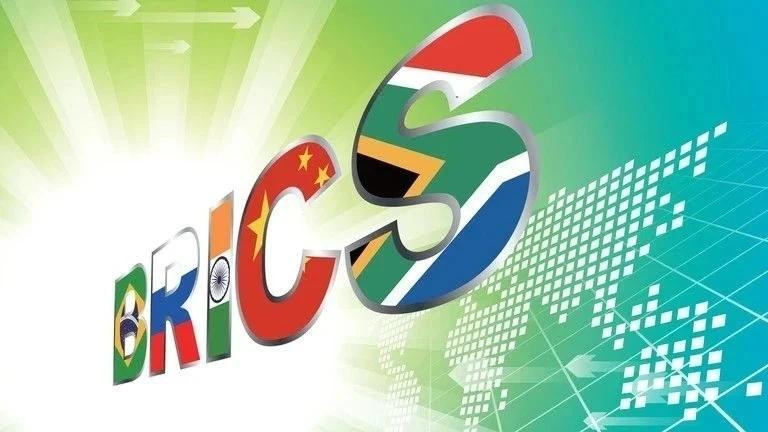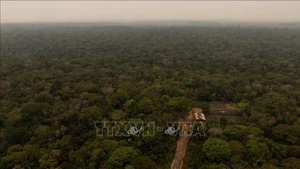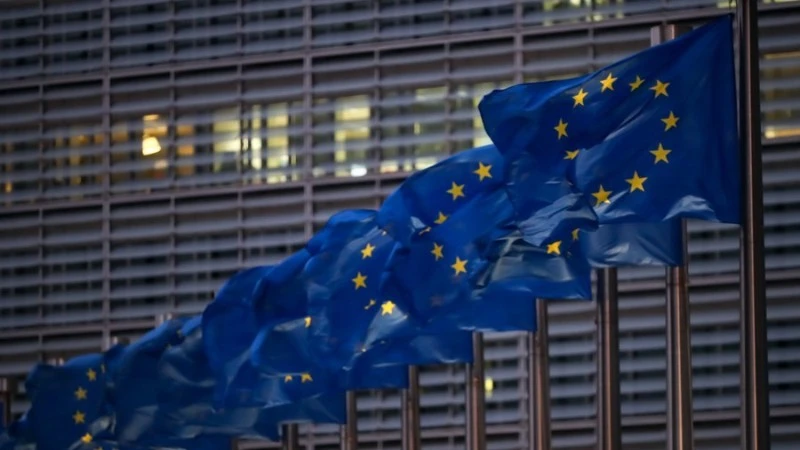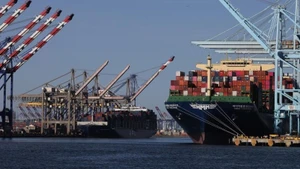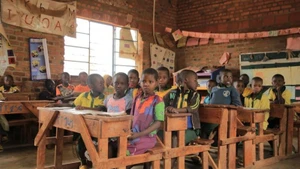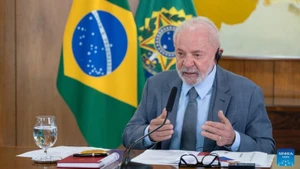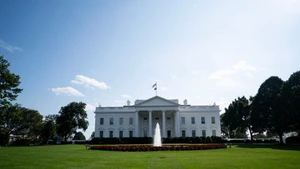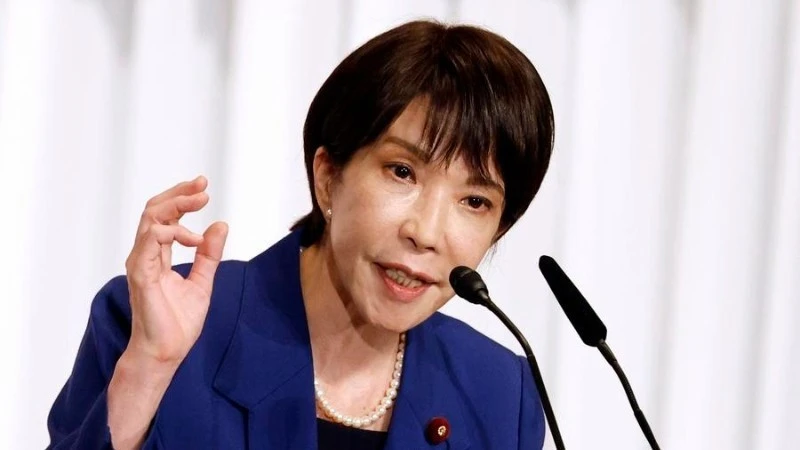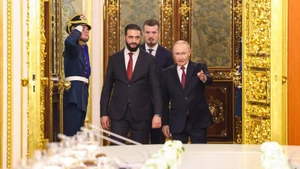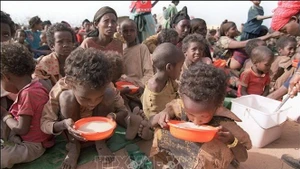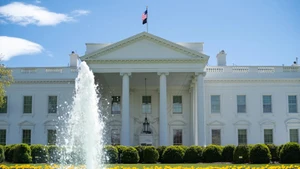Brazil’s Minister of Foreign Affairs, Mauro Vieira, emphasised the role and global significance of BRICS in the face of armed conflict, political instability, and the erosion of multilateralism. He affirmed that BRICS, founded in 2009 by Brazil, Russia, India, China and South Africa, has now been strengthened with the addition of 11 new member states.
According to Vieira, BRICS holds a pivotal position in promoting peace and stability, representing nearly half of the world’s population and encompassing vast geographical and cultural diversity. He stated that at this meeting, all member states agreed that peace “cannot be imposed but must be built” and called on the international community to act and propose political solutions to conflict hotspots such as Gaza, Haiti, Sudan, and the Horn of Africa.
BRICS holds a pivotal position in promoting peace and stability, representing nearly half of the world’s population and encompassing vast geographical and cultural diversity.
Brazil’s Minister of Foreign Affairs, Mauro Vieira.
Previously, President of Brazil Luiz Inácio Lula da Silva underscored the country’s priorities during its 2025 BRICS Chairmanship, including reinforcing a multipolar world and promoting a more just, inclusive, and sustainable global order. This marks the fourth time Brazil has assumed the BRICS presidency. The group, comprising countries that account for 40% of the global population and a quarter of global GDP, is regarded as a key force in shaping the global economy and in building a fairer international order and financial and trade system.
With the theme “Strengthening Global South Cooperation for More Inclusive and Sustainable Governance”, Brazil’s 2025 BRICS Chairmanship will focus on issues of global governance, healthcare cooperation, climate change, trade and investment, artificial intelligence (AI), and institutional development. President Lula da Silva also stressed BRICS’ commitment to the effective implementation of the 2030 Agenda, the Paris Agreement on climate change, and the Pact for the Future.
Brazil also highlighted the importance of cooperation for peace and structural reform of multilateral security institutions, asserting that unilateralism weakens the international order. The country called for consistent defence of multilateralism, which President Lula described as the only viable path to addressing today’s global polarisation and fragmentation. He also raised the need to improve the international monetary and financial system and criticised the current rise of protectionism and its harsh barriers to trade and investment.
AI is also a key topic of interest for BRICS. Speaking on the application of AI, President Lula stated that while it offers great opportunities, it also presents ethical, social, and economic challenges. Brazil’s BRICS negotiator, Ambassador Mauricio Lyrio, urged member states to work together in harnessing AI to combat inequality and poverty. Managing and leveraging the potential of AI is one of the core topics that Brazil will pursue during its BRICS Chairmanship this year.
In light of the major challenges posed by the current international context and economic hardships, Celso Amorim, Chief Foreign Policy Adviser to the President of Brazil, emphasised the vital role of BRICS in defending multilateralism and fostering cooperation among countries in the Global South. He stated that the key task in today’s world is to “build a dynamic peace,” while calling on BRICS members to deepen ties to enhance mutual understanding and create favourable conditions for trade.
The group of leading emerging economies is also regarded as “a new name for development.” At a time when global flashpoints and conflicts are multiplying and the world appears to be entering an era of “cooperation and confrontation” between major powers, BRICS’ collective commitment, and that of Brazil in particular, is of great significance in advancing global peace and stability, ensuring a favourable environment for development, especially for developing nations in the Global South.
